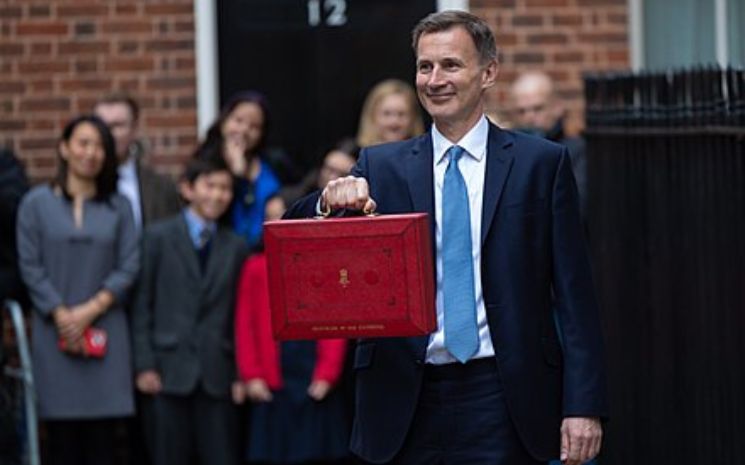Is this yet another attempt to give itself a good image by improving the image of the Conservative government in anticipation of the next general election? Either way, the UK chancellor is expected to announce a reduction in national contributions for millions of workers in his Autumn Statement later this Wednesday evening.
Jeremy Hunt’s announcement would also include lower taxes for businesses and tougher new sanctions on social benefits. The chancellor would also discuss measures to boost business investment by £20 billion a year. The goal ? “Reviving British growth”.
Remember that according to the Institute for Fiscal Studies, tax levels in the United Kingdom are the highest in 70 years.
Wages will be increased and investment spending reduced
Some details of the Autumn Declaration have already been revealed, including a 9.8% increase in the minimum wage to £11.44 per hour, effective from April. Mr Hunt will also detail a £2.5 billion review of benefits for people with long-term health conditions, disabilities or long-term unemployment.
For businesses, we understand that the Chancellor is expected to extend the tax cut known as the ‘full write-off’ for businesses until 2028-29. This policy allows companies to deduct investment expenses from their profits, thereby reducing corporate taxes.
It is currently unclear whether Mr Hunt intends to reduce the level or thresholds of national contributions. These are a fixed percentage of money earned, deducted from wages, contributing to the costs of benefits, the NHS and the state pension. Attention ! The declaration will have no impact on employees below pension age earning less than £12,570 per year, as they do not pay national contributions.
Nothing can erase the “dismal record” displayed by the government
Labor Chancellor Rachel Reeves said nothing Mr Hunt said could change the Conservative Party’s “dismal record” on the economy. Former Secretary of State Dame Priti Patel highlighted the importance of this moment, noting that “successive Conservative governments are known for targeted tax cuts that essentially put more money in people’s pockets. ”
Mr Hunt is expected to say: “The Conservatives know that a vibrant economy depends less on the decisions of ministers than on the energy and enterprise of the British people. The Conservatives reject a big, big-spending, high-tax government because we know that this leads to less growth, not more.”
With a general election due next year, Mr Hunt has revised his speech; Last week he downplayed the chances of tax cuts, saying they were “virtually impossible” until inflation was brought under control. Ministers now say the tax cuts will go ahead, but they will be done in a “responsible” way.
This article is originally published on /lepetitjournal.com

